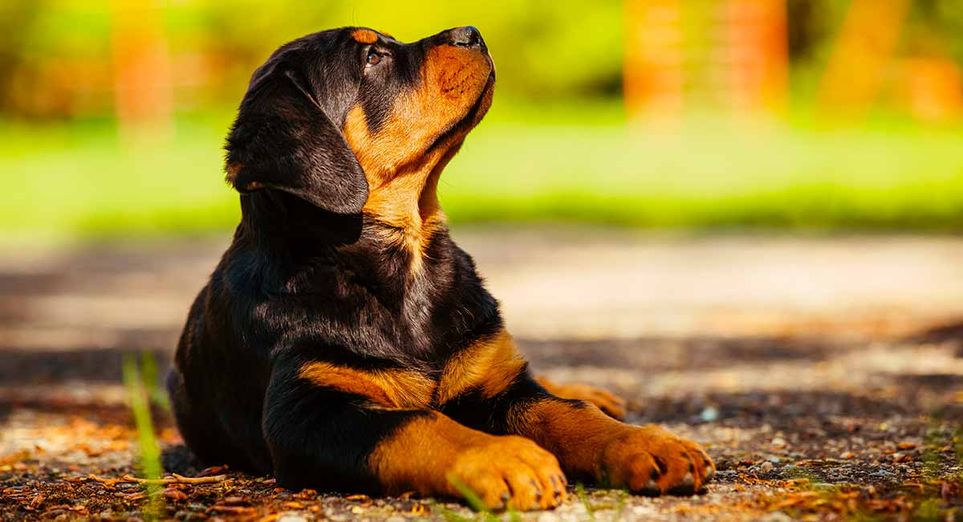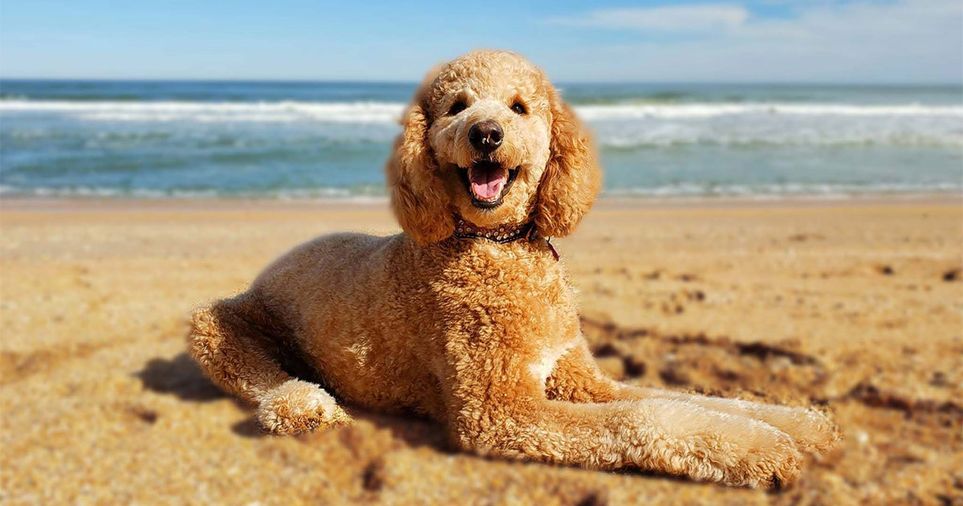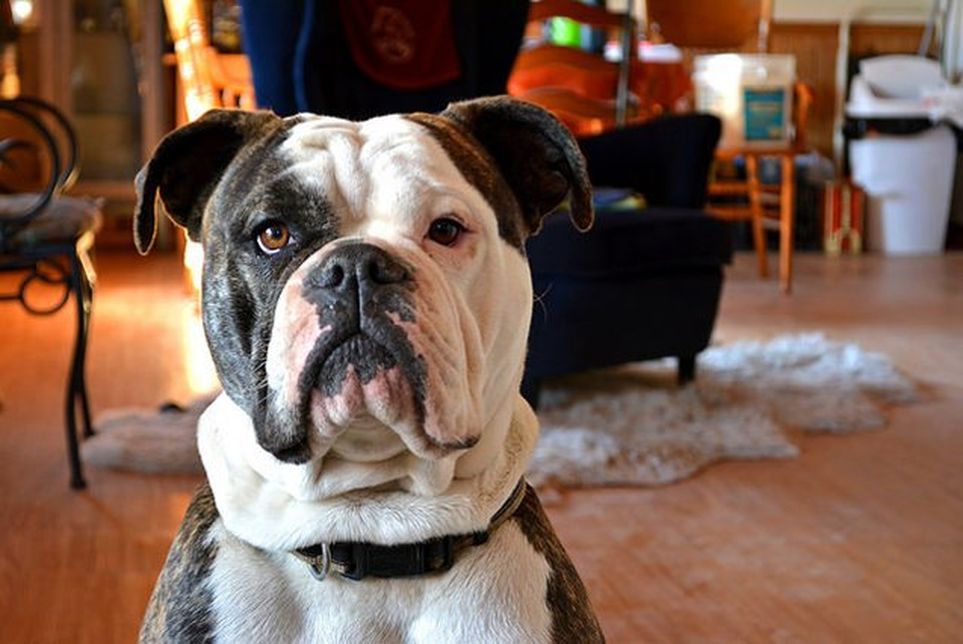Puppies are adorable, but their aggression can sometimes be scary and even dangerous as they age. While it's perfectly normal for puppies to be a little bit nippy, there are steps you can take to train them out of aggressive biting and growling behaviors. With patience and consistency, you can turn your aggressive puppy into a well-behaved dog.
Signs of aggression in puppies
Puppy playfulness can sometimes look like aggression, but there are key differences. Playfulness is usually accompanied by happy body language, like a wagging tail and relaxed ears. Something to note is that a wagging tail does not guarantee that the dog is in a playful state, it could also just indicate that adrenaline is pumping through the body. But for the most part, a wagging tail is a good sign with puppies. Playful biting will also be gentle and won't break the skin. If you're unsure whether your puppy's biting behavior is playful or aggressive, err on the side of caution and consult with a professional trainer or behaviorist. They'll be able to help you figure out what's going on and give you customized advice for dealing with it.
Why is your puppy being aggressive or growling?
The first step is to understand what's causing your puppy's aggression. Is your puppy feeling scared or threatened? Is he or she trying to get attention? Or is your puppy just playing around? Once you know what's causing the aggression, you can start to work on training your puppy out of it. Some puppies will naturally play rough, but it isn't normal for a puppy to be genuinely aggressive for no reason.
Here are some of the most common reasons for aggression in puppies:
Feeling scared
Resource guarding food, or toys
Jealousy- typically with one of the people they spend the most time with
Situations that remind them of past traumas, such as being in a crate, behind a glass door, etc.
How to stop your puppy from growling
If your puppy is acting aggressively out of fear or anxiety, the best thing you can do is provide positive reinforcement when he or she is behaving well. This might mean giving your puppy treats or verbal praise when he or she is calm and relaxed. It could also mean rewarding them when they can calm themselves and remove themselves from an aggressive state. If your puppy goes from growling or being overly aggressive and then calms down, you should reward them immediately. Hence, they associate positive and calm behavior with the correct behavior.
You should also avoid punishing your puppy for being aggressive; instead, redirect his or her energy into more positive activities like chew toys or walks. If you're consistent with this approach, your puppy will eventually learn that being calm gets him or her rewards, while being aggressive does not. Puppies are like magnets and pick up our literal actions as well as our energy. Although a puppy indeed needs a leader and someone they respect, if their own aggression is met with over-aggression, then it can cause a vicious cycle. You should, however, meet their aggression with firmness, confidence, and a game plan, which also involves positive reinforcement when acting correctly.
If your puppy is acting aggressive because he or she wants attention, the solution is relatively simple: provide attention only when your puppy is behaving the way you want him or her to. This means no more playing rough games like tug-of-war unless your puppy is already calm and relaxed. Even if your reaction is not a positive one- frustration, aggression, or yelling at the dog, you are still showing them attention. We do not associate it with anything positive, so it's hard to understand, but it is still indeed attention we are giving to the puppy for their aggression, which we do not want. You should also ensure that all family members are on the same page regarding attention-giving; otherwise, your puppy will quickly learn that all he or she has to do to get some love is start growling!
How to stop resource guarding in puppies
Resource guarding is when a dog gets protective with a particular toy or their dog food. Some level of resource guarding is entirely natural with certain dog breeds. That is not to say it isn't something we should work on removing at an early age since this can be a massive problem in adult dogs. To stop resource guarding in puppies, the basics are the same as in the previous section on how to stop them from growling. We must reward the good moments when they do not resource guard and are acting correctly.
Another thing that could be done is to put your puppy in different situations with their food. You can feed them in different places in your home, pet them as they take their first few bites, and even take their food away after they have started eating it and then give it back to them. Practice giving them treats while they are next to other dogs at the dog park or even feeding them around other dogs while they are very young. Of course, this is all harder to do if your dog already has a resource problem, so it is better to prevent the issue before it arises in the first place.
With patience and consistency, you can train your aggressive puppy into a well-behaved dog. The key is understanding what's causing the aggression in the first place, whether it be fearfulness, seeking attention, or playfulness gone too far. Once you know the cause, you can start working on a training plan to address the issue head-on. With time and effort, you'll have a calm, well-adjusted pup in no time!



